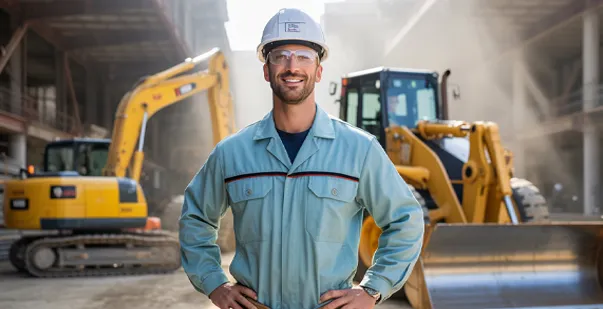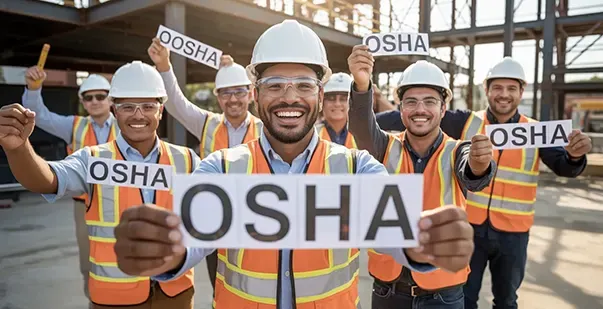
LearnTastic’s OSHA 10 certification empowers construction workers and contracto...
Read More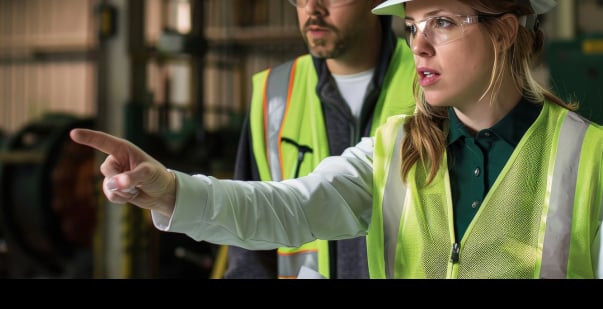
Discover how OSHA 10 training transforms construction from a high-risk zone to a...
Read More
LearnTastic’s OSHA 10 training can help you stand out as a safety-first partner...
Read More
Unpack the process of obtaining your OSHA 10 certification, a crucial step towar...
Read More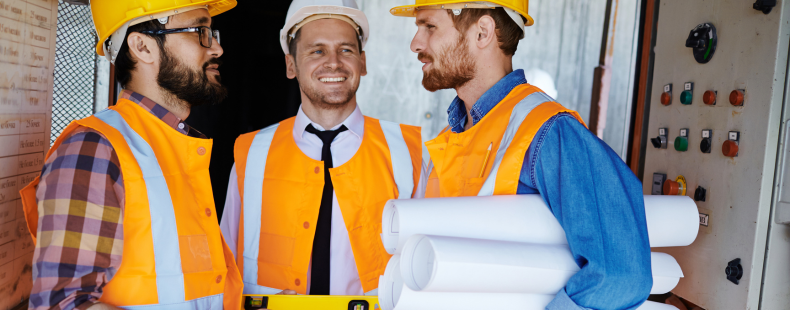
Explore LearnTastic’s OSHA 10 Construction Course & empower your workforce with...
Read More
OSHA 10 vs. OSHA 30: Understand the key differences between basic safety trainin...
Read More
Understanding OSHA standards is crucial for workplace safety. Key standards incl...
Read More.webp)
OSHA certification ensures workers are trained in safety standards, hazard recog...
Read More
Curious about OSHA 10 certification costs? We break down the expenses, covering...
Read More
OSHA training equips workers with the knowledge to recognize and avoid workplace...
Read More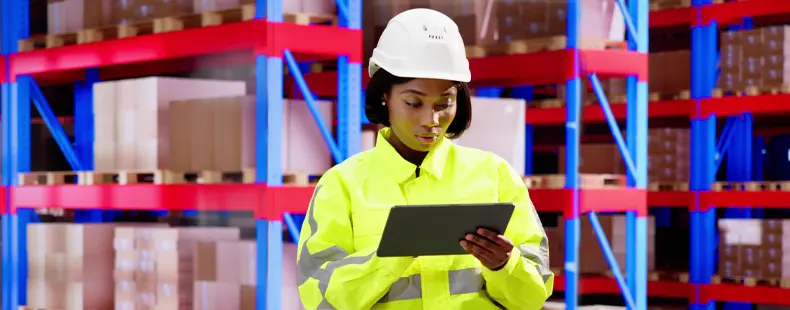
Wondering how to maintain and renew your OSHA certification? Stay compliant by u...
Read More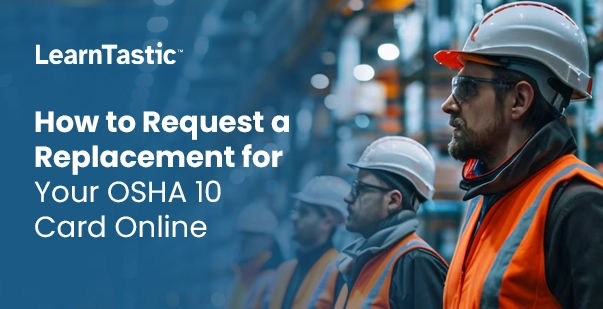
Lost your OSHA 10 card? Don’t worry! Requesting a replacement online is easy. Fo...
Read More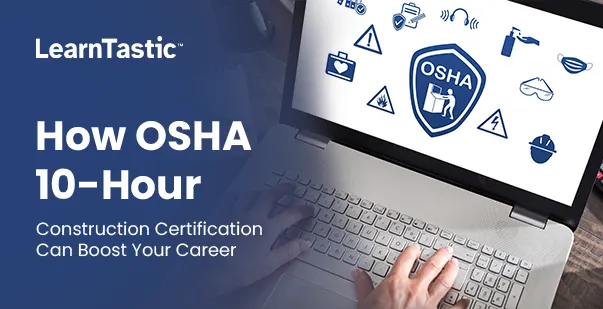
Earning an OSHA 10-Hour Construction Certification enhances your safety knowledg...
Read More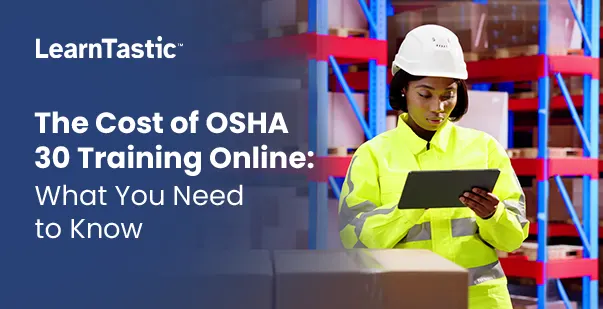
The cost of OSHA 30 training online varies, typically ranging from $150 to $300....
Read More
Earning an OSHA 10 card as a new worker enhances safety knowledge, reduces workp...
Read More
Beginners should avoid skipping proper study, choosing uncertified providers, an...
Read More
Struggling to balance your OSHA 30 training with daily tasks? Start small—break...
Read More
New to OSHA 10 Construction? Start strong by reviewing course materials, taking...
Read More
New to OSHA 30-Hour training? Break it down! From setting a study schedule to us...
Read More
If you fail the OSHA 30 test, don't worry! You can retake it. Most courses allow...
Read More
OSHA 30 certification costs vary by industry, with construction and general indu...
Read More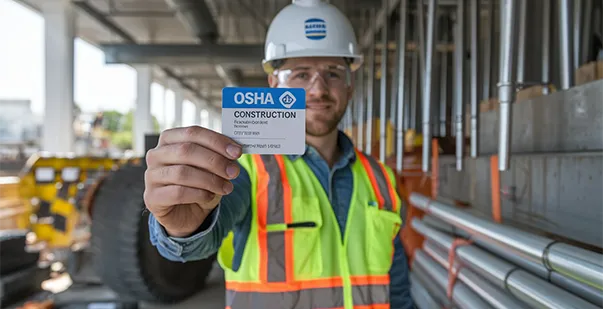
Uncover the truth behind common myths about OSHA 10-Hour Construction Certificat...
Read More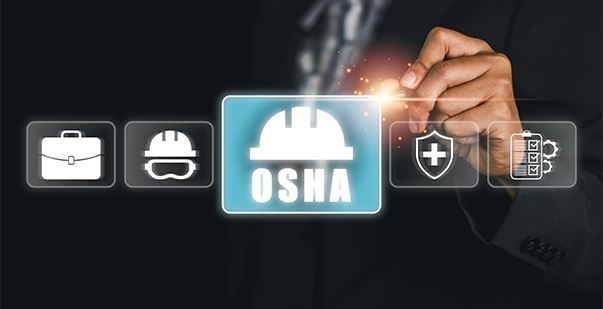
If you've lost your OSHA 10 card, you can request a replacement by providing key...
Read More
OSHA 40-hour training offers vital benefits, including enhanced workplace safety...
Read More
Fall protection training educates workers on preventing falls at heights, proper...
Read More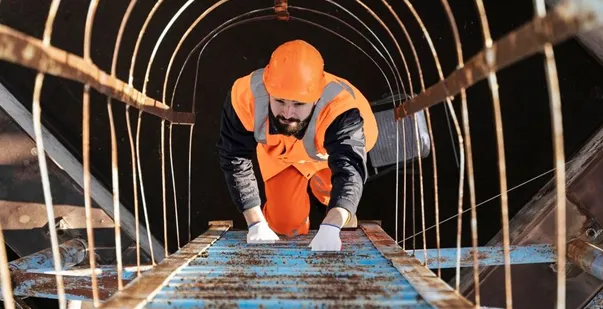
OSHA Confined Space Training equips workers with the skills to identify hazards,...
Read More
OSHA violations include lack of fall protection, improper hazard communication,...
Read More
Confused between OSHA and IOSH? Explore how each safety standard differs in scop...
Read More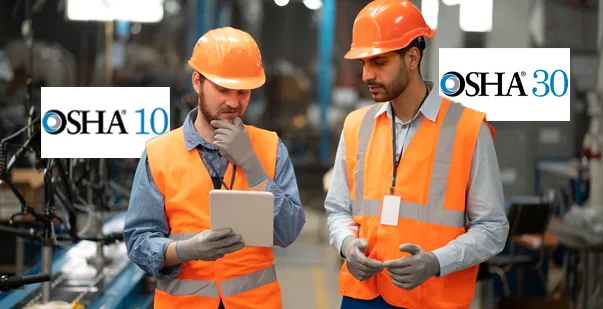
Wondering if OSHA 30 is better than OSHA 10? It depends on your role! OSHA 30 of...
Read More
Wondering how tough OSHA certification is? It’s more about focus than difficulty...
Read More.webp)
Wondering how long your OSHA 30 certification stays valid? OSHA 30 cards don’t e...
Read More
Learn about the validity of OSHA 10 certification, its renewal requirements, and...
Read More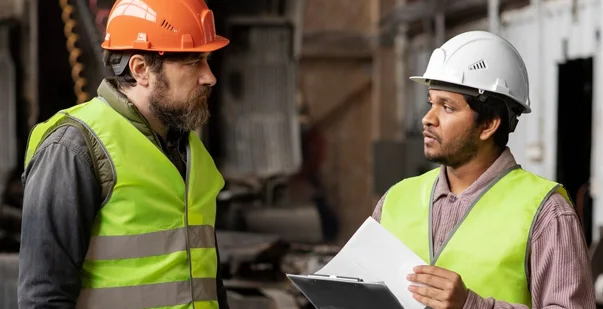
Getting OSHA certified boosts workplace safety and career opportunities. Learn t...
Read More
Discover the essentials of workplace safety with OSHA 10-hour training. Learn ha...
Read More
Wondering if OSHA 10 online certifications are accepted by employers? Discover h...
Read More
Explore the key differences between in-person and online OSHA 10 certification,...
Read More.webp)
Prepare for success with the OSHA 10 Practice Test! Boost your workplace safety...
Read More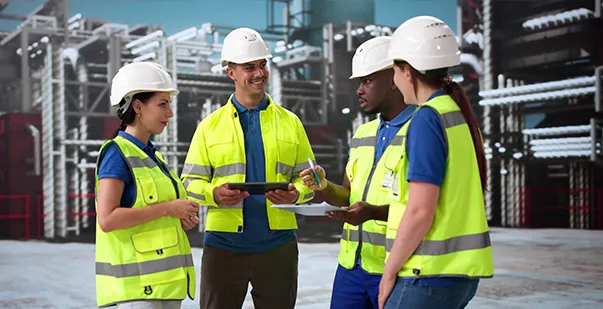
An Emergency Action Plan (EAP) is a structured guide outlining steps to handle w...
Read More
Dreaming of a career in construction? Learn the step-by-step process to become a...
Read More
Concrete burns can cause severe skin damage if not treated promptly. Learn the e...
Read More.webp)
Electrical hazards in the workplace include shocks, burns, electrocution, and fi...
Read More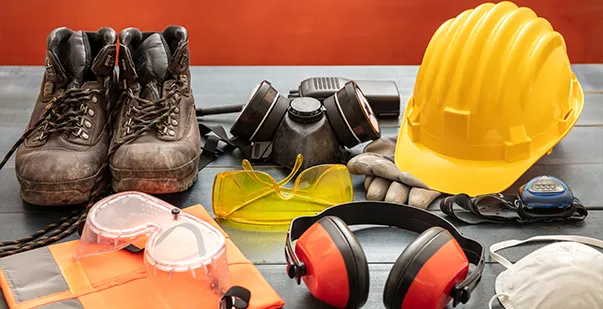
Personal Protective Equipment (PPE) includes gear like gloves, masks, and helmet...
Read More
Quickly control fires with PASS: Pull the pin, Aim at the base, Squeeze the hand...
Read More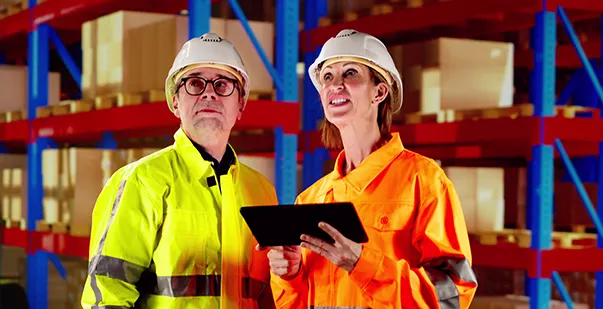
OSHA's General Duty Clause requires employers to provide a workplace free from r...
Read More.webp)
Losing an hour of sleep? It’s not just grogginess—Daylight Saving Time increases...
Read More
As construction ramps up this spring, OSHA is tightening safety regulations. Fro...
Read More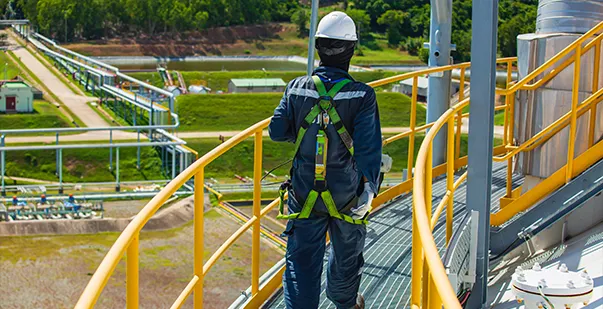
OSHA handrail requirements ensure workplace safety by setting standards for heig...
Read More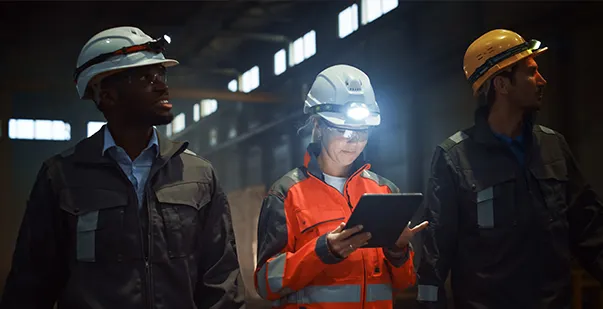
Get the scoop on MSHA certification! Learn what it is, who needs it, and how min...
Read More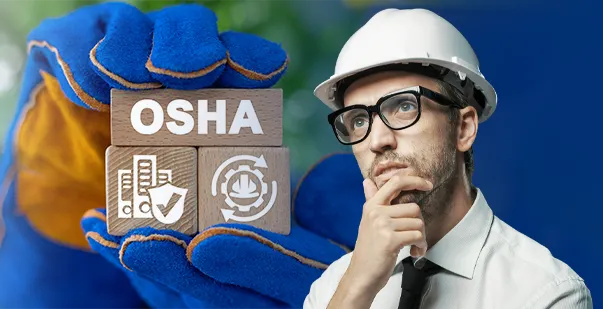
Discover how OSHA enforces workplace safety—learn about inspections, citations,...
Read More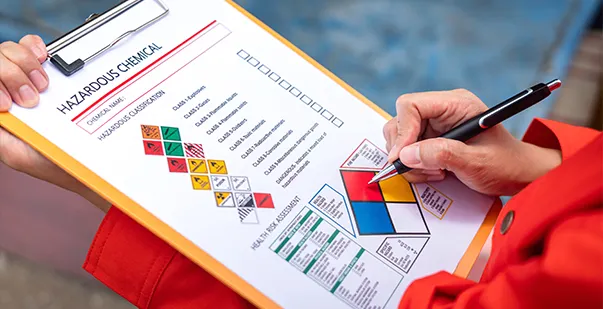
Ace your Hazmat certification with expert prepation tips and sample questions! T...
Read More.webp)
Asphyxiation in confined spaces occurs when there's not enough oxygen or toxic g...
Read More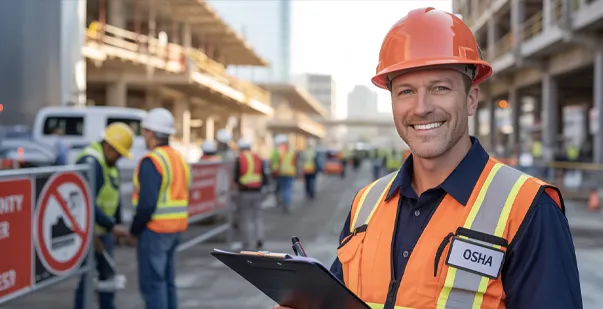
An OSHA inspector ensures workplaces follow safety regulations, helping prevent...
Read More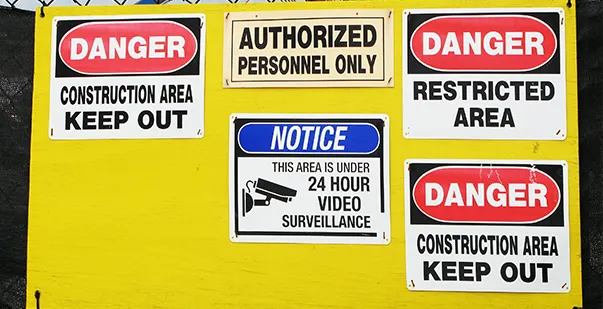
Stay compliant and keep your workplace safe! Learn all about OSHA sign requireme...
Read More
Wondering how old you need to be to drive a forklift? Learn the legal age requir...
Read More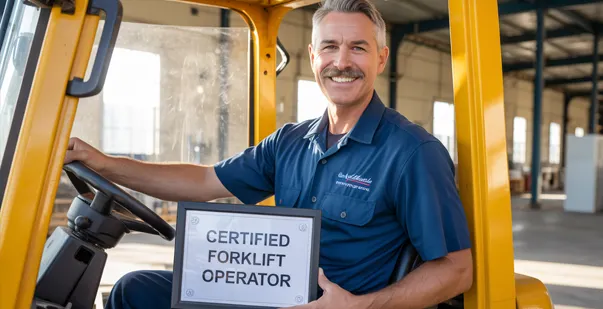
Looking to get forklift certified? Discover the best places—online and in-person...
Read More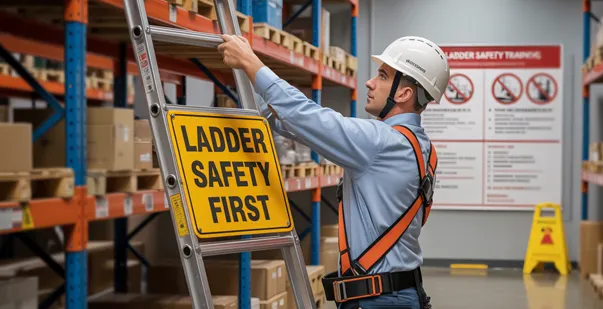
OSHA Ladder Safety Training teaches workers how to properly use ladders on the j...
Read More
Discover what the OSHA Bloodborne Pathogens Standard is, who it protects, and ho...
Read More
Stay safe and compliant during Construction Safety Week with top CE courses! Lea...
Read More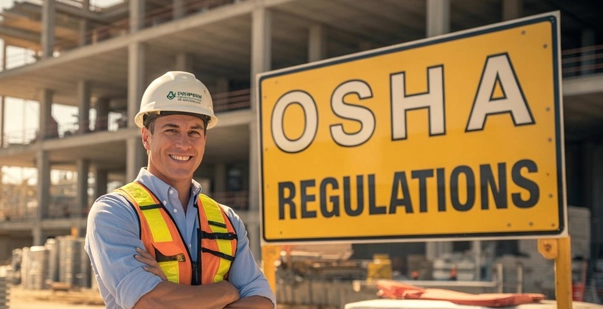
Stay compliant and protect your workforce — explore the latest OSHA heat regulat...
Read More
Celebrate freedom safely this 4th of July—get OSHA certified! Empower your caree...
Read More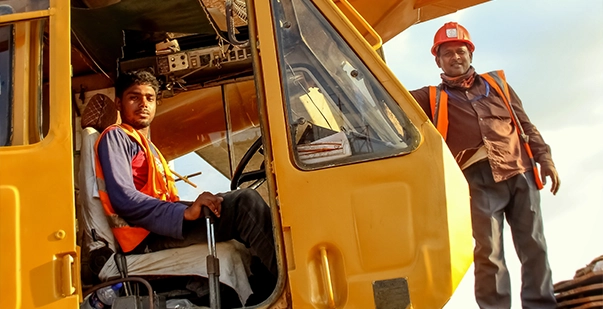
Dreaming of operating heavy machinery? Learn the steps to become a certified cra...
Read More
Protect your back and boost efficiency! Learn the ideal lifting technique—bend y...
Read More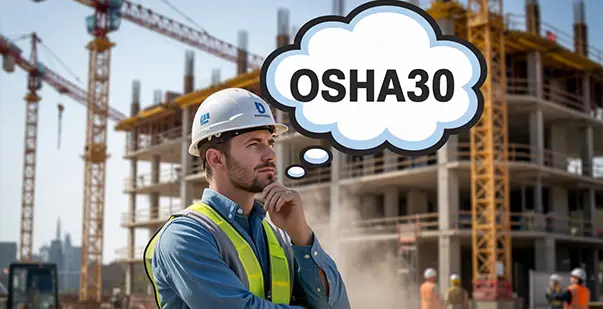
Wondering how long your OSHA 30 card stays valid? Learn about OSHA 30 expiration...
Read More
HAZMAT suits come in four levels—A, B, C, and D—each offering different protecti...
Read More
An SSHO, or Site Safety and Health Officer, ensures jobsite safety by enforcing...
Read More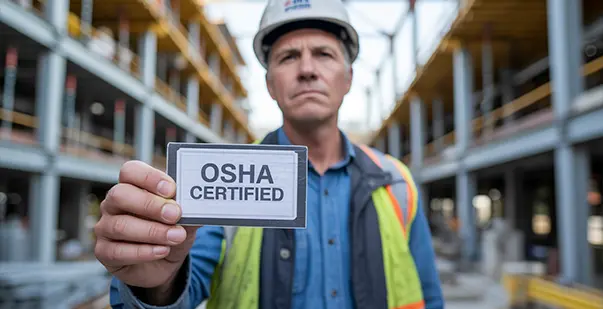
Lost your OSHA card? Don’t worry—replacing it is easier than you think. Follow o...
Read More
Learn what Bloodborne Pathogens Certification is, why it's crucial for workplace...
Read More
BBP certification typically lasts for one year. Stay compliant and safe by renew...
Read More
Stay compliant and safe in 2025! Discover everything you need to know about Bloo...
Read More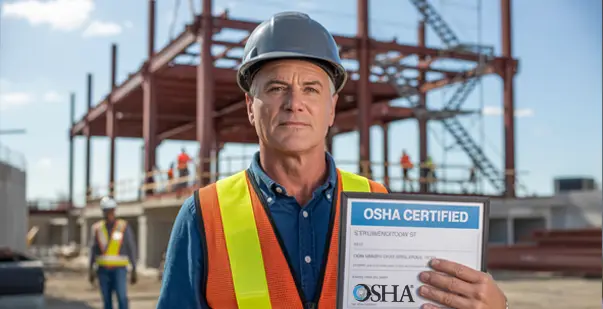
Wondering how many OSHA certifications exist? Discover the key types, from OSHA...
Read More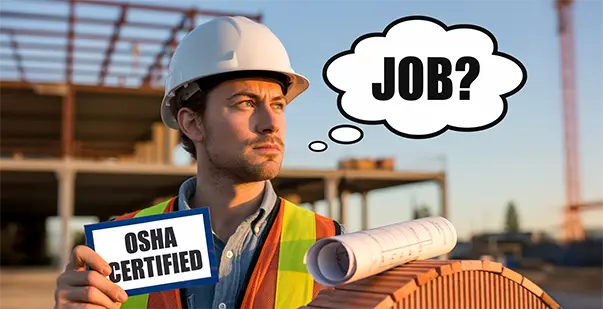
An OSHA card can open doors to jobs in construction, manufacturing, warehousing,...
Read More.webp)
NFPA 70E sets the standard for electrical safety in the workplace. Learn the key...
Read More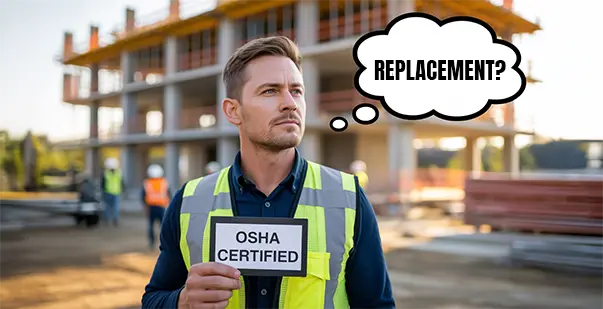
Lost your OSHA card? Don’t worry! Learn the simple steps to request a replacemen...
Read More
Learn the key differences between performing CPR on adults vs. children. From co...
Read More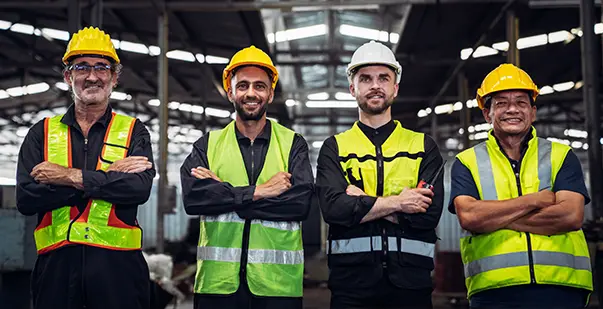
Celebrate Construction Appreciation Week by exploring how CE training empowers w...
Read More
Learn what OSHA laws say about bathroom breaks in the workplace, employee rights...
Read More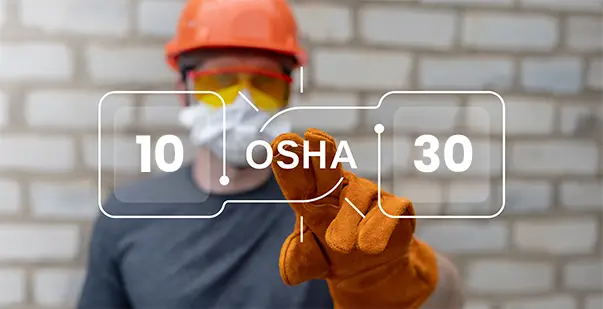
OSHA 10 and OSHA 30 differ in training depth, duration, and target audience. Lea...
Read More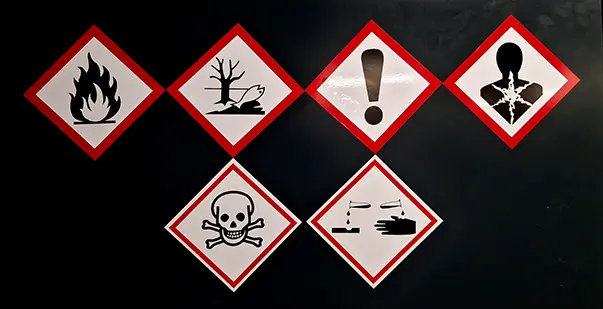
Learn the meanings behind GHS hazard signs, symbols, and pictograms to stay comp...
Read More.webp)
Learn the steps to become a Site Safety & Health Officer (SSHO), including t...
Read More
Benzene is a widely used chemical, but exposure can pose serious health risks. L...
Read More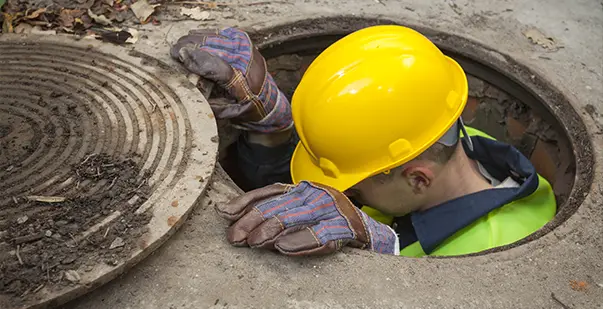
Understand the key differences between permit and non-permit confined spaces, wh...
Read More
Discovering asbestos at work can be alarming. Learn the right steps to protect y...
Read More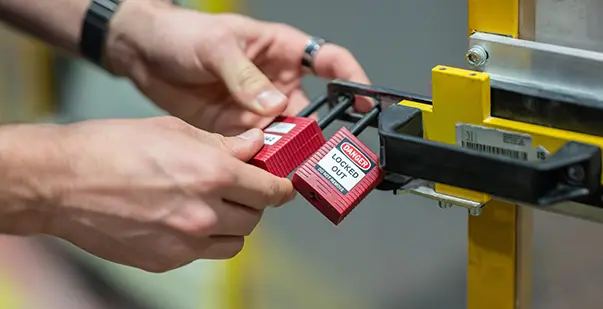
Learn the essentials of Lockout Tagout (LOTO) to prevent workplace accidents. Fo...
Read More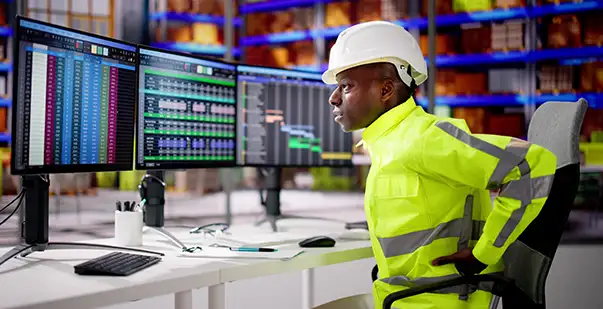
Discover OSHA’s 2025 expectations for workplace ergonomics and remote workers. L...
Read More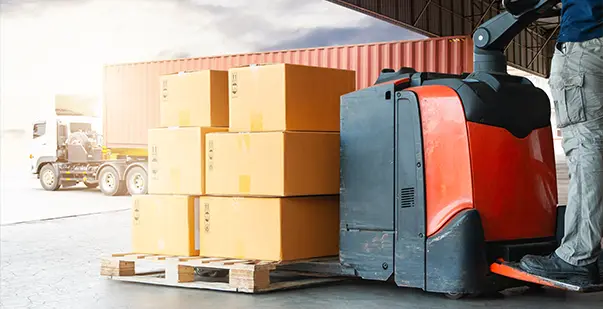
Learn the key differences between manual and electric pallet jack certification...
Read More
Thinking about Hazmat certification? Explore our state-wise cost breakdown to un...
Read More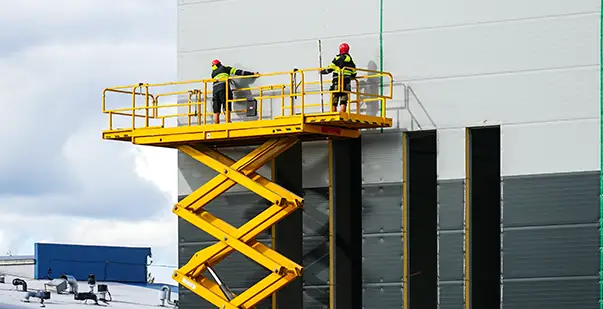
Discover the key requirements for OSHA Scissor Lift Certification and explore it...
Read More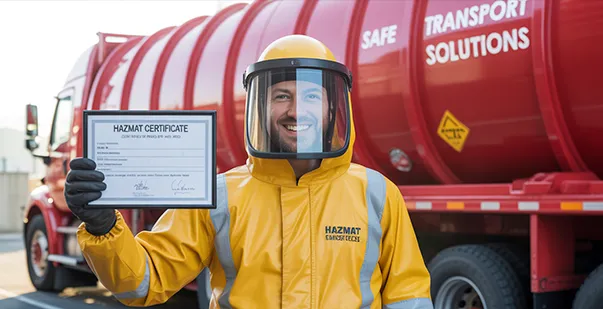
Discover why Hazmat certification is crucial for shipping professionals. Learn h...
Read More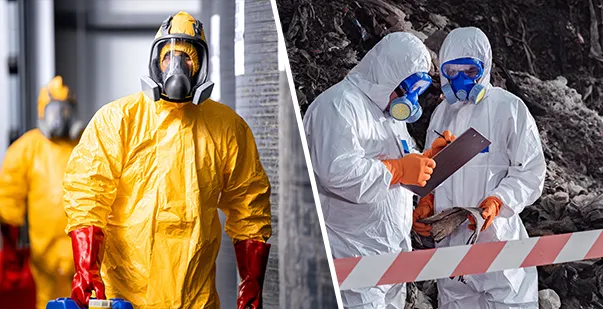
Confused between Hazmat and HAZWOPER certification? Learn the key differences, t...
Read More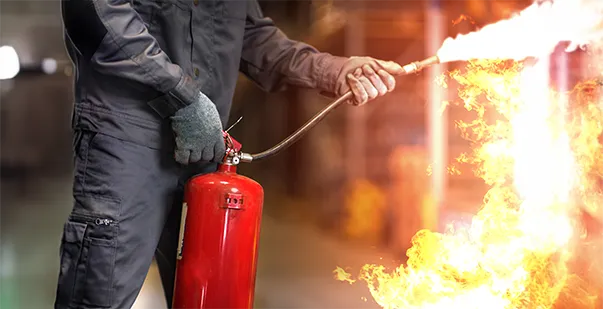
Stay prepared and protect your workplace! Learn essential fire safety and preven...
Read More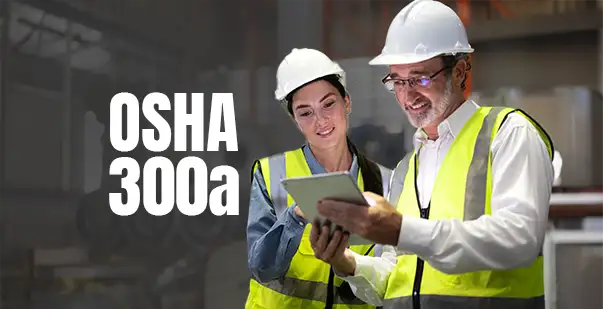
Learn the essentials of OSHA 300A posting and recordkeeping rules. Understand wh...
Read More
This Thanksgiving, show your gratitude by investing in your team’s safety. Enrol...
Read More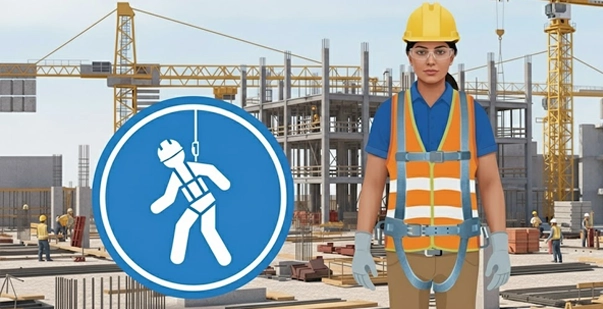
Stay ahead of workplace safety changes! Explore the latest OSHA Fall Protection...
Read More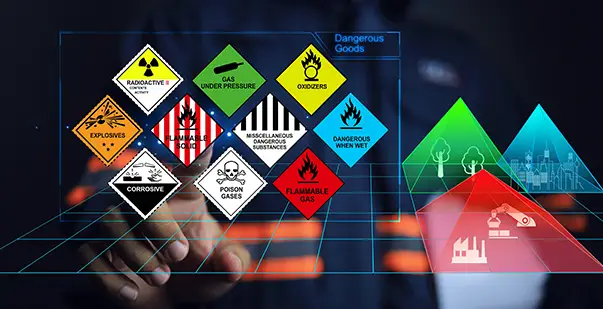
Stay compliant with OSHA’s latest HazCom 2025 updates! Learn about new labeling...
Read More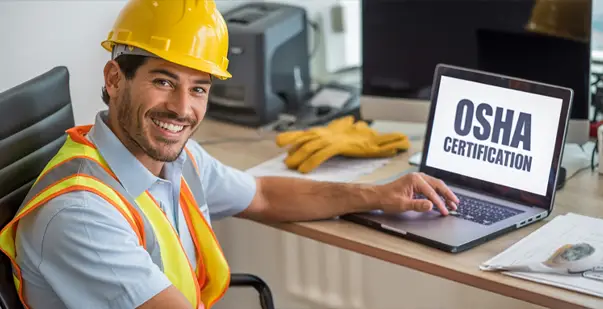
Wondering if free online OSHA certifications are legitimate? Learn how to spot v...
Read More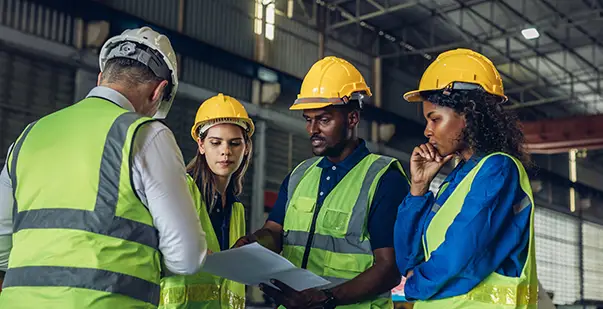
Choosing the right safety training provider ensures compliance, quality, and rea...
Read More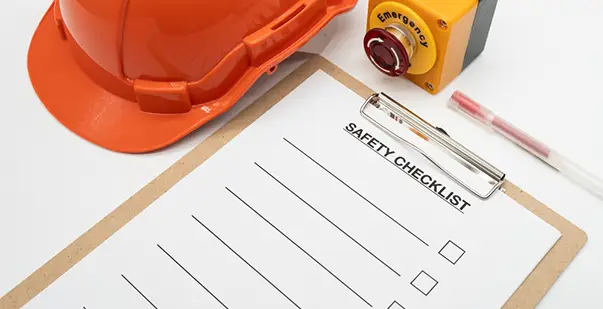
Stay compliant and reduce risks with this easy OSHA-ready construction site safe...
Read More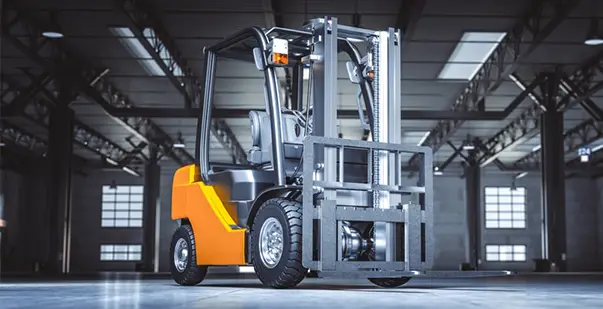
Autonomous forklifts are transforming warehouse safety and reshaping certificati...
Read More
Discover the top high-demand jobs that require OSHA 30 certification and see how...
Read More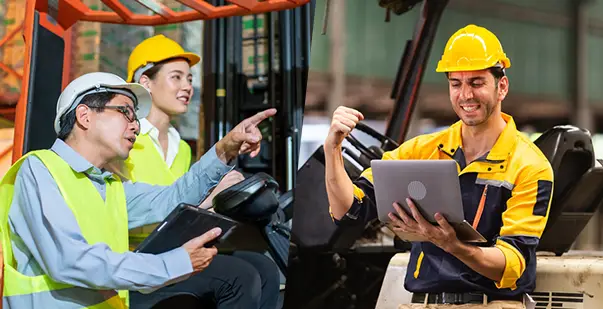
Choosing between online and in-person forklift certification? Explore the key di...
Read More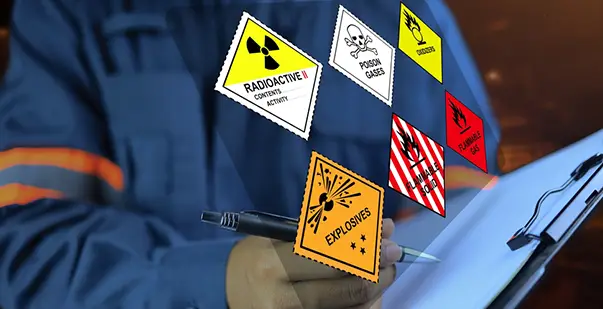
Learn the essential safety protocols for handling hazardous materials. From prop...
Read More.webp)
Safety literacy empowers workers to recognize risks, follow protocols, and respo...
Read More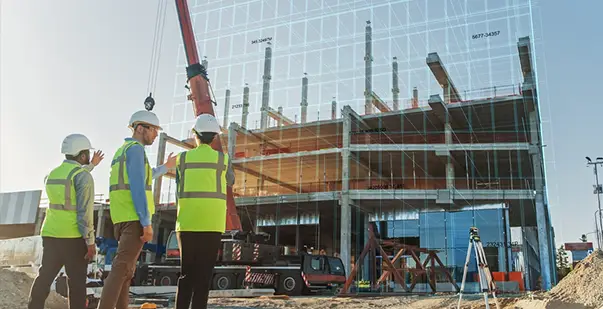
Design safety from the ground up. Learn how Prevention Through Design helps redu...
Read More
Wondering how hard the OSHA 10 test really is? Learn what to expect, the type of...
Read More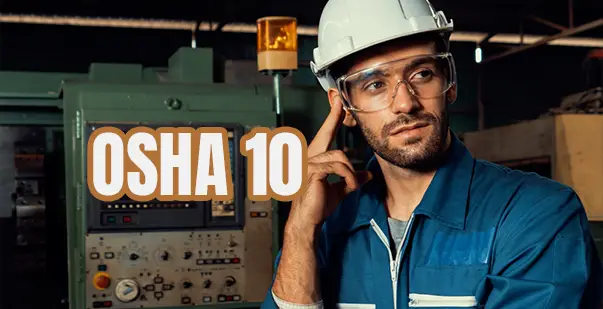
Pass the OSHA 10 test on your first try with smart study tips, key topic breakdo...
Read More
Preparing for OSHA 10? Discover how mock tests compare to the real exam—what’s s...
Read More
Wondering if the OSHA 10 test is open book? Learn what materials are allowed, ho...
Read More
How many questions are on the OSHA 10 test? Learn about the exam format, typical...
Read More
Step into a high-demand career with our Crane Operator License 101 guide. Learn...
Read More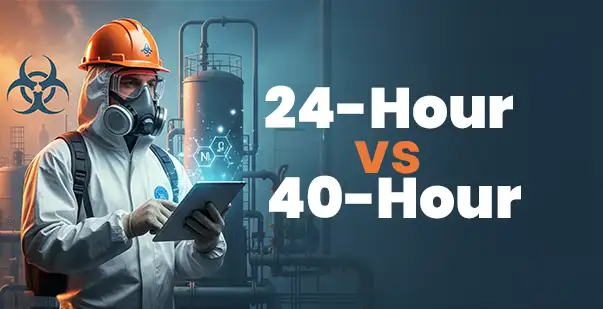
Not sure whether you need 24-hour or 40-hour HAZWOPER training? Learn the key di...
Read More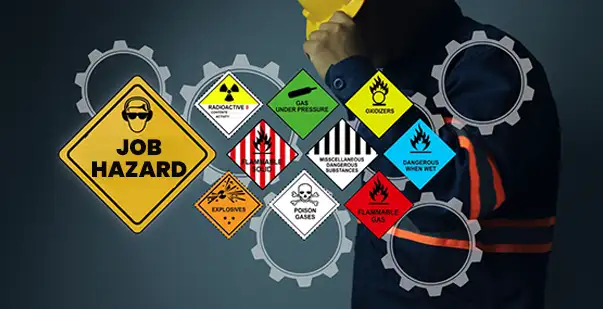
Learn how to complete a Job Hazard Analysis step by step. Identify workplace haz...
Read More
Understand arc-flash boundaries and PPE categories at a glance. This quick field...
Read More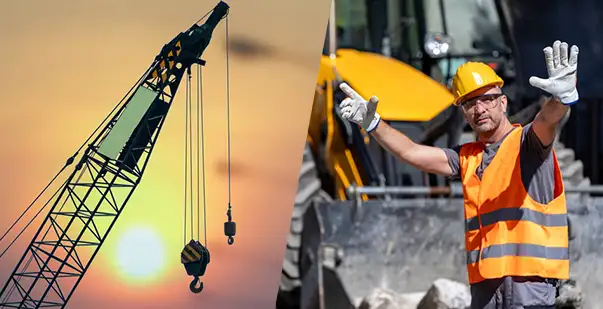
Learn the basics of rigging with this beginner-friendly guide covering standard...
Read More
Learn best practices for safe Li-ion battery charging and storage—from e-bikes t...
Read More
Confused about HOS rules? Learn the difference between 60/7 and 70/8 limits, how...
Read More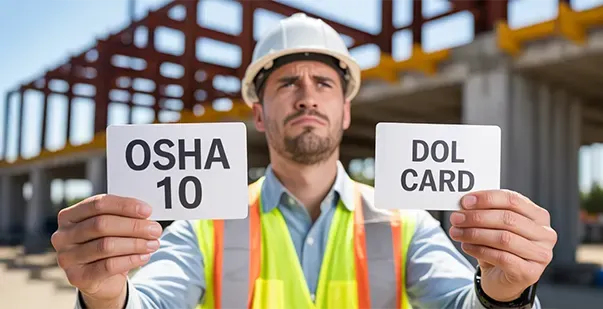
Is OSHA 10 a certification or a DOL card? Learn how Occupational Safety and Heal...
Read More
